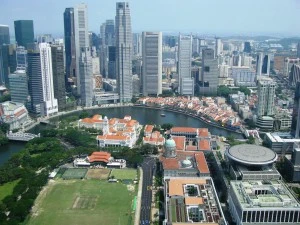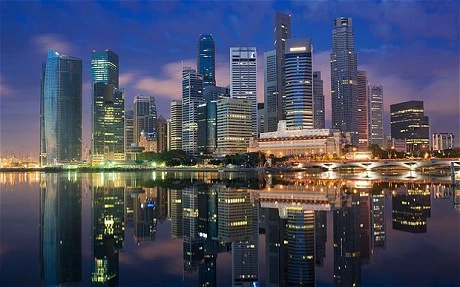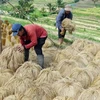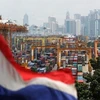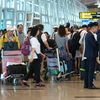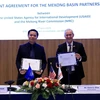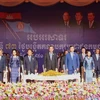Singapore (VNA) – Singapore’s economic growth in 2016 will be modest, fluctuating between 1 and 3 percent, according to the country’s Ministry of Trade and Industry (MTI).
The slowdown of the Chinese economy as well as the trend in China and the United States of finding local suppliers will reduce the external demand for Singapore’s export commodities, influencing its growth, the ministry said.
Estimate for Singapore’s growth this year was adjusted down to nearly 2 percent instead of in the range of 2-2.5 percent in the earlier forecast.
The MTI’s statistics showed the city state escaped from a technical recession in the third quarter, with a growth rate of 1.9 percent, lower than the figure of the previous quarter but still higher than the forecast level of 1.4 percent. However, this was the lowest expansion since the third quarter of 2012.
The increase in the wholesale and retail sector as well as the recovery of logistics and storage, accommodation and restaurant services could not compensate for the decrease in the manufacturing, construction and business service sectors
Singapore has achieved an average economic growth of 6.83 percent annually since 1976 to 2015.
In Singapore’s economic structure, the service sector contributes 72 percent of the gross domestic product (GDP) and the remaining comes from the industrial sector.-VNA




